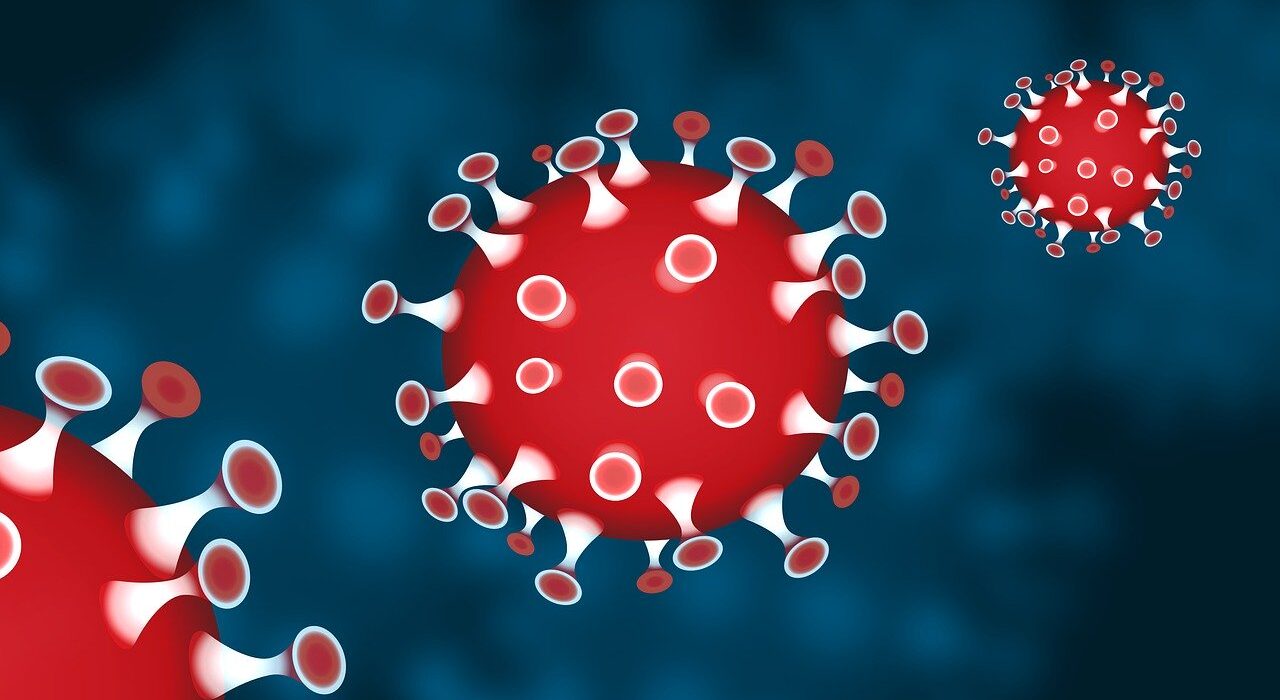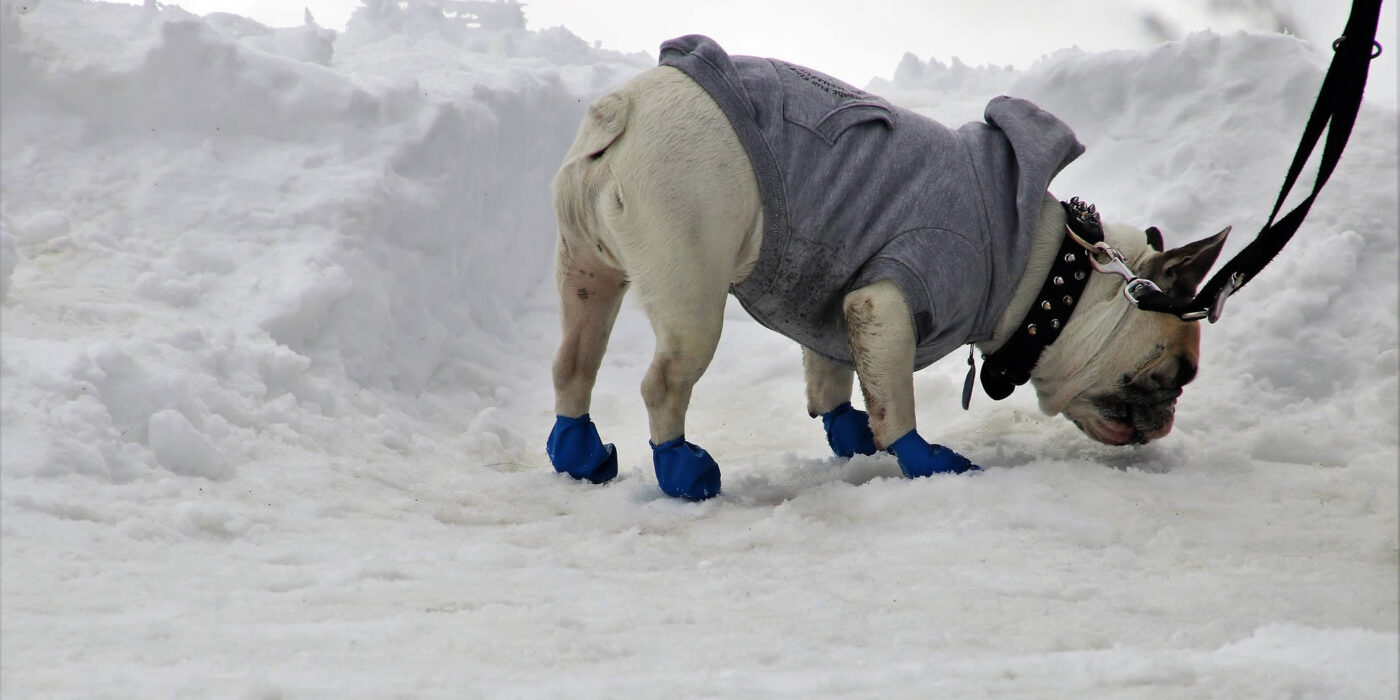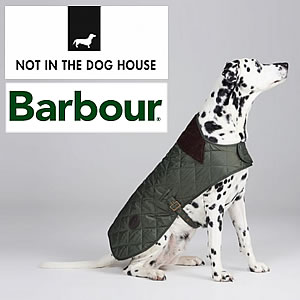Did you know dogs and other pets can get arthritis?
Stiff joints and aches and pains are problems that many of us suffer as we age. Dogs and other pets also suffer similar effects of aging.
Arthritis is the name given to swelling or inflammation of the joints. Dogs in particular can suffer with similar aches and pains to us humans. Arthritis affects dogs in common areas like the legs, hips and back. As well as paws and ankle joints, which can often make walking and running painful.
What causes arthritis in pets including dogs and cats?
Arthritis in dogs, cats and other pets is largely the result of ageing and wear and tear on bones, joints and cartilage. It can be made worse by things like damp and cold weather, and food intolerances.
In some cases it can be a symptom of other underlying illnesses, so it is advisable to consult your vet if you have concerns.
What treatments are available for pets with arthritis?
There are numerous treatments for arthritis and rheumatism in pets. Dogs with arthritis can be prescribed NSAIDs (Non Steroidal Anti Inflammatory Drugs), in the same way these are prescribed for humans.
NSIAD drugs can reduce inflammation, swelling and reduce pain levels. However as with humans prolonged use of NSAIDs can lead to issues with the stomach and gut which can cause other complications.
What natural treatments are available for pets with arthritis?
There are a number of natural treatments developed for pets with arthritis and rheumatism, these include magnetic collars for pets, omega and CBD oils and supplements. It is important to understand some supplements are unsuitable for pets, dogs and cats can take a range of supplements similar to those used by humans.
For other pets these can be extremely harmful, so always check suitability with your vet before using supplements on a pet.
Dosage in pets is often dependent on their weight so it is vitally important you check and adhere to the guidance on the instructions stick to recommended dosage. Natural treatments for inflammation and arthritis in pets include:
Turmeric (Curcumin) & Ginger – These two root herbs are extremely popular, they are used daily by a growing number of humans, the anti inflammatory effects of turmeric and ginger are also likely to have an effect in naturally lowering the inflammation in pets.
The supplements shown are available from Amazon UK – prices are provided as a guide and may vary.
QuoteZone - Compare Pet Insurance Quotes
We’ve partnered with QuoteZone – Compare up to 25 pet insurance providers including: 4Paws, Animal Friends, ADSA Pet, Coop, Every Paw, PDSA, Perfect Pet, Pet Sure and others.
Cover from as little as *£3.35 per month!
*Cheapest insurance for a 1 year old dog with no known health issues and up to date vaccinations. Based on Seopa Ltd comparison quote November 2024.

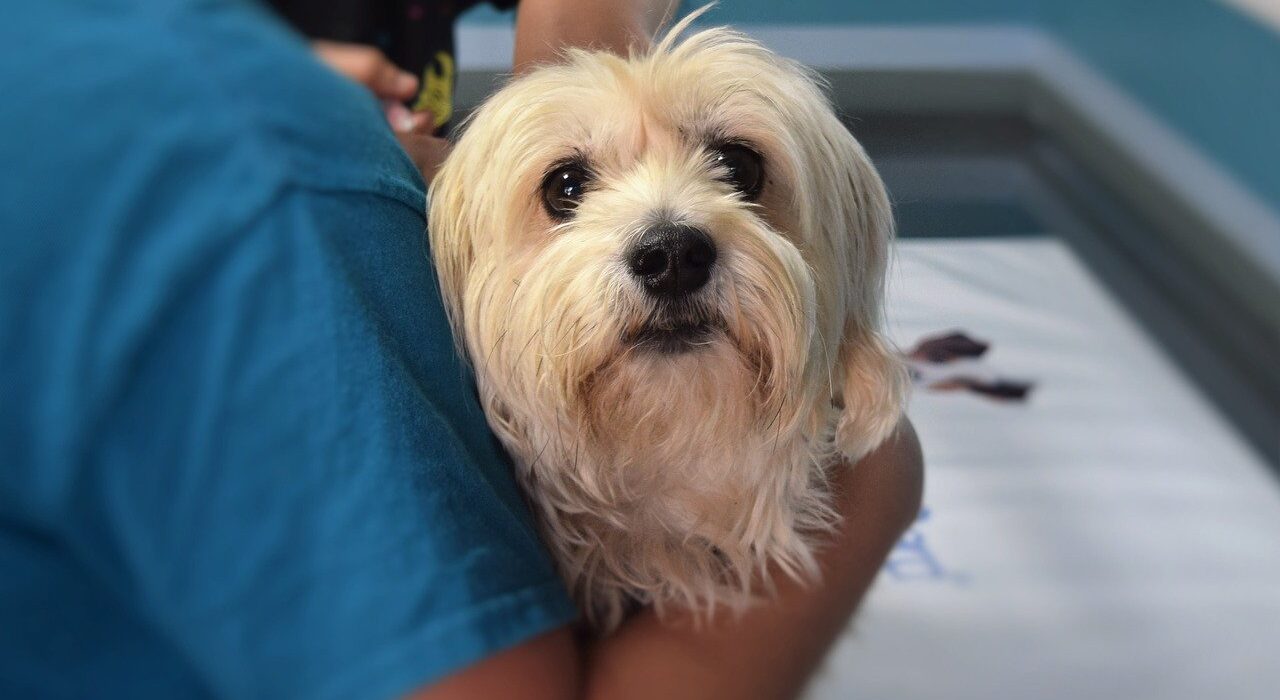












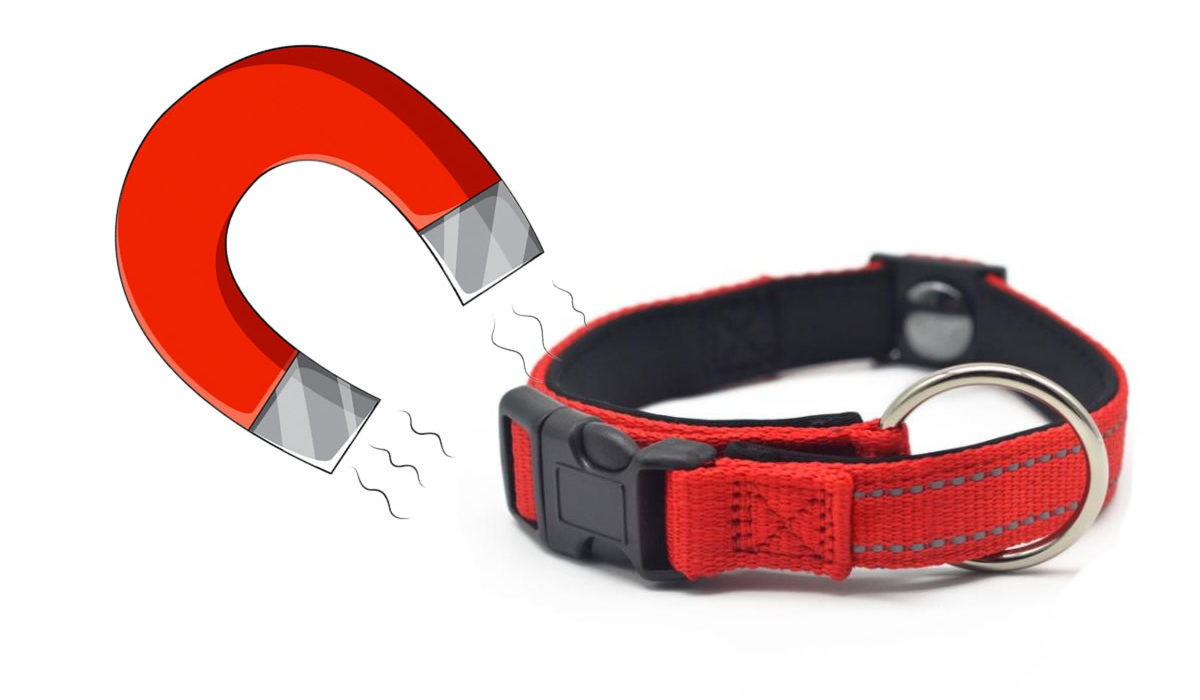









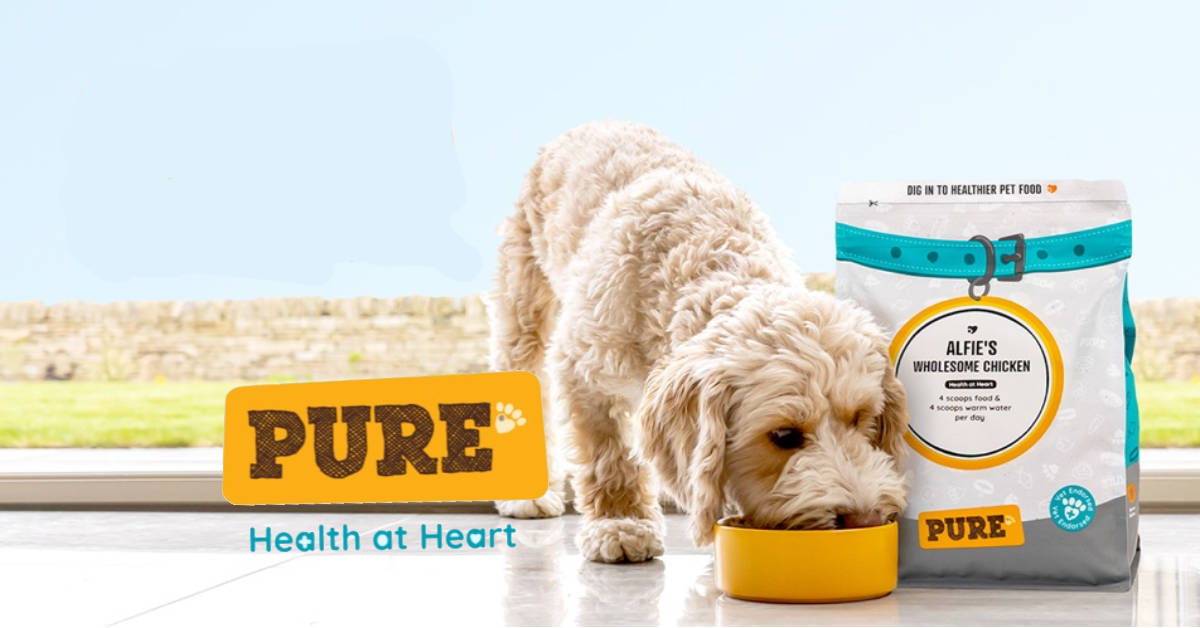
 ADVERTORIAL FEATURE:
ADVERTORIAL FEATURE: 